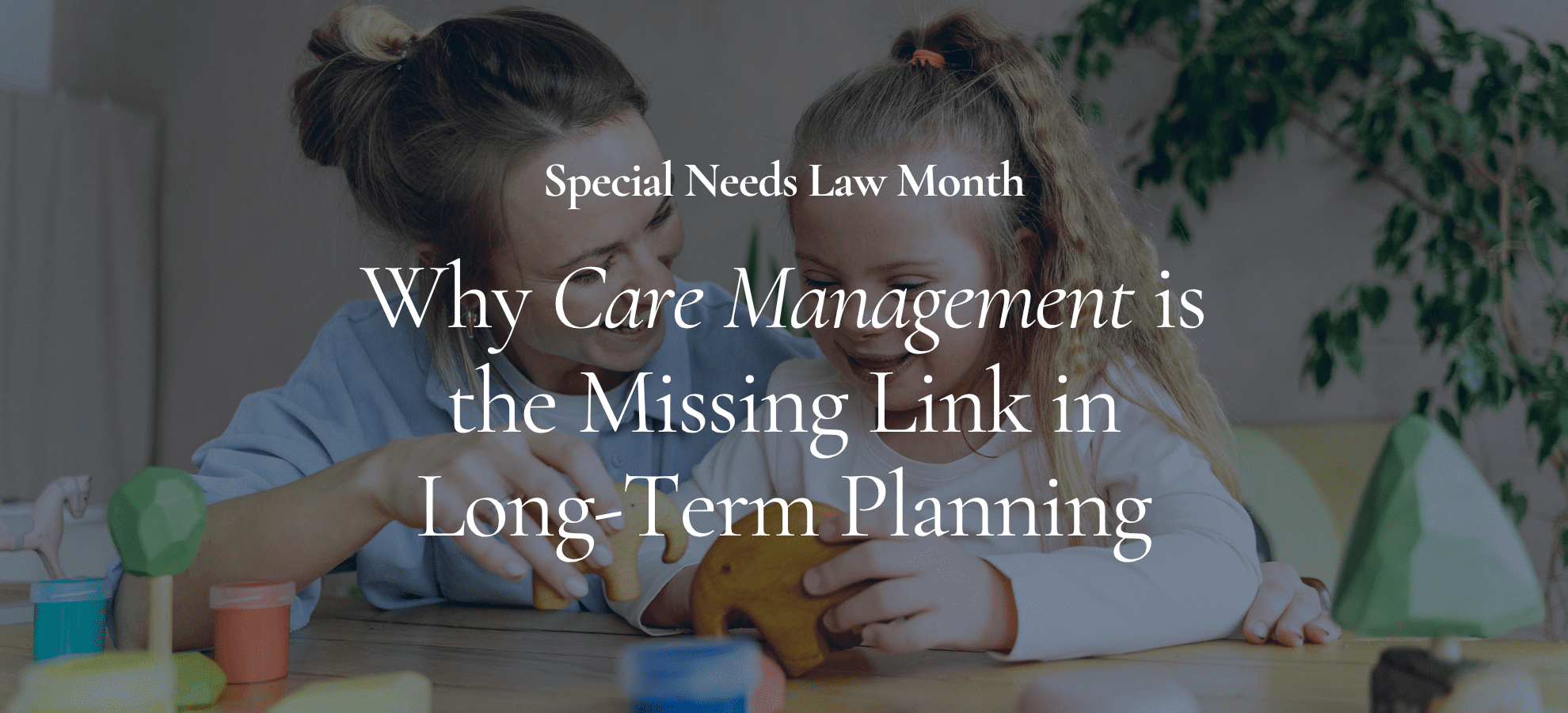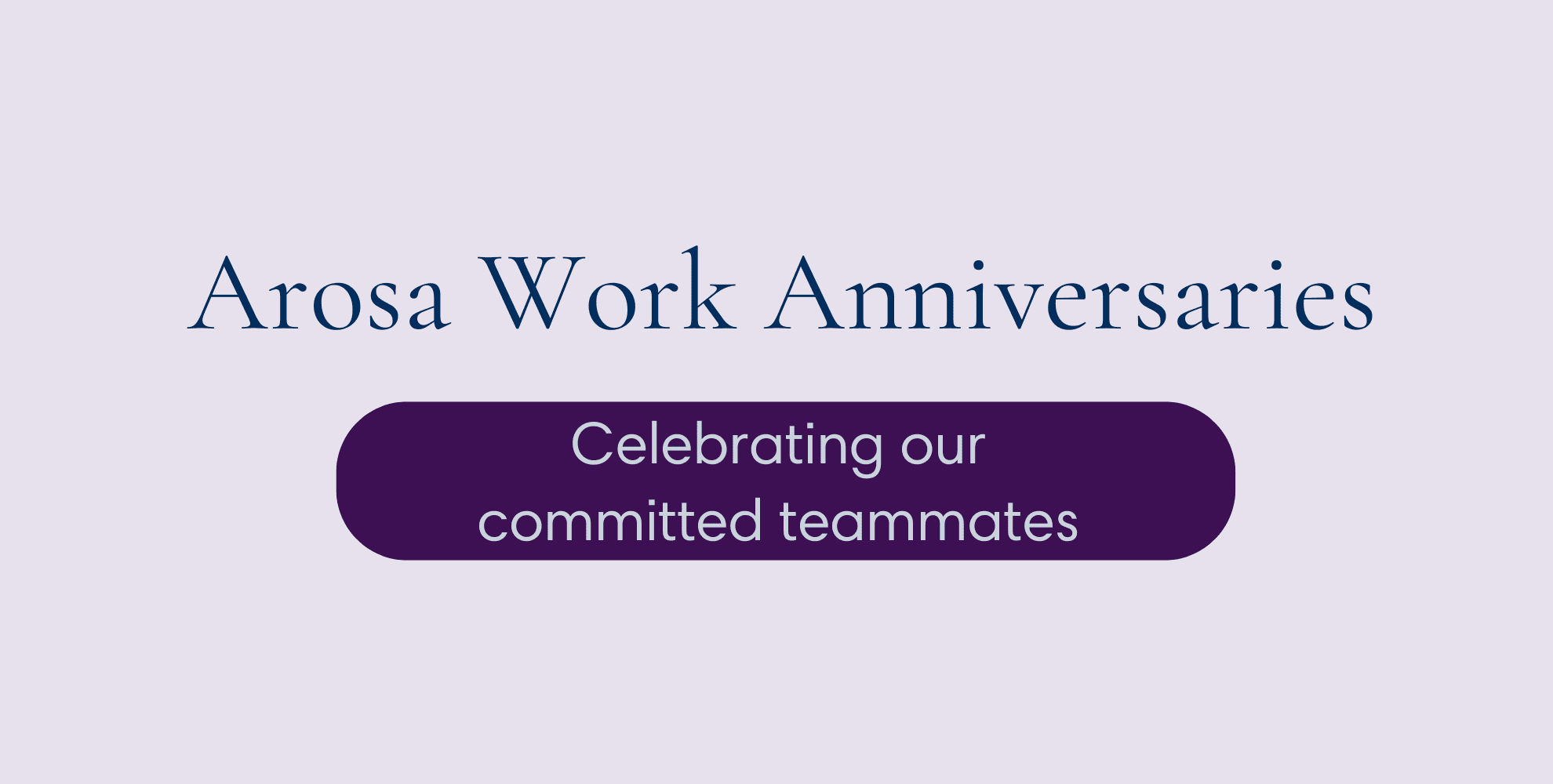We believe aging well isn’t just about managing health—it’s about living fully. One of the most powerful, yet often overlooked, ingredients in healthy aging is friendship.
More than just pleasant company, friendships help older adults stay sharper, live longer, and feel better—physically, emotionally, and mentally.
Here’s how strong social connections make a lasting impact.

Staying socially active is like a workout for the brain. Studies show that older adults with frequent social interaction experience:
- Slower cognitive decline
- Better memory and executive function
- Lower risk of developing dementia
In fact, loneliness and isolation increase the risk of dementia by as much as 50%, according to the National Academies of Sciences, Engineering, and Medicine. When older adults connect through conversation, shared activities, or even laughter, it stimulates their minds and strengthens neural networks.

Friendship brings joy, purpose, and emotional security. Older adults with close companions report:
- Fewer symptoms of depression and anxiety
- Higher life satisfaction
- Greater resilience during difficult times
A study in Aging & Mental Health found that friendships were even more strongly linked to happiness in later life than family relationships.
Simply put, friendship feeds the soul.

Strong social ties do more than lift spirits—they support better physical outcomes. Research has linked social connection to:
- Lower blood pressure
- Stronger immune response
- Healthier habits and greater longevity
Individuals with robust social networks are more likely to stay active, eat healthily, and follow up on medical care. The Harvard Study of Adult Development—one of the longest studies on aging—found that quality relationships are a better predictor of long-term health than even cholesterol levels.

Friendship doesn’t just make life more enjoyable—it makes life last longer. A major study found that strong social relationships can improve survival rates by 50%, comparable to the benefits of quitting smoking.
Social isolation, on the other hand, is as harmful to your health as smoking 15 cigarettes a day, according to researchers at Brigham Young University.

At Arosa, we know that social connection is essential to well-being. That’s why our Care Managers and Caregivers work not just to support our clients’ health needs, but also to foster meaningful connection—whether that’s helping them attend community events, join in conversations, or stay engaged with their passions and loved ones.
Because we don’t just care for people. We care about people.

If someone you love is showing signs of loneliness or isolation, we’re here to help. Arosa’s integrated Care Management and in-home Caregiving services are designed to restore connection, confidence, and quality of life.
Click Here or call 866-462-7672 to learn more about how we facilitate friendship!
References:
- National Academies of Sciences, Engineering, and Medicine. Social Isolation and Loneliness in Older Adults: Opportunities for the Health Care System (2020)
- JAMA Network Open. Association of Social Engagement With Brain Health in Older Adults (2023)
- Holt-Lunstad, J. et al. Social Relationships and Mortality Risk: A Meta-analytic Review – PLOS Medicine (2010)
- Harvard Study of Adult Development – Robert Waldinger, Director
- Brigham Young University. Loneliness and Social Isolation as Risk Factors for Mortality (2015)
- Aging & Mental Health. Friendship Quality and Psychological Well-Being Among Older Adults



